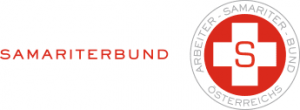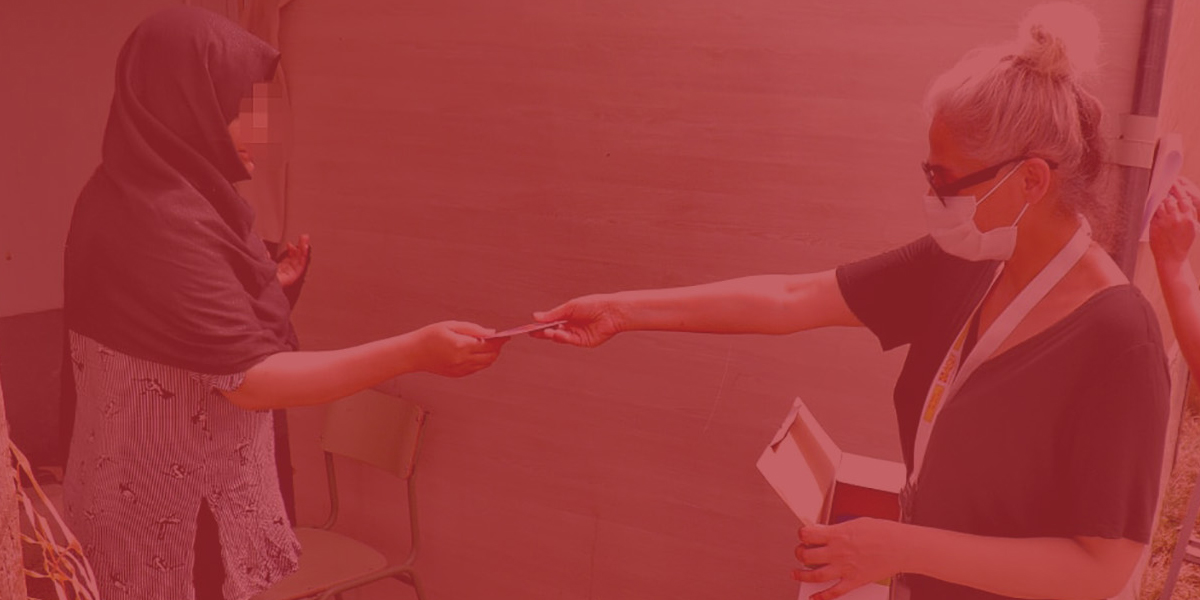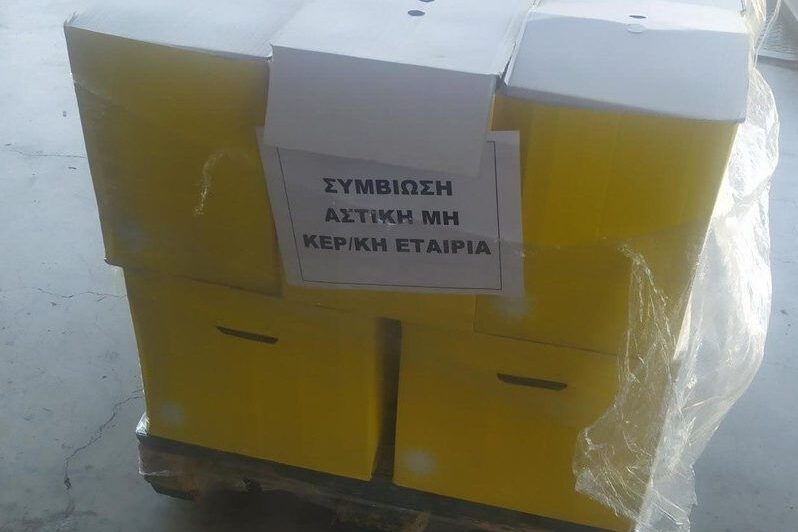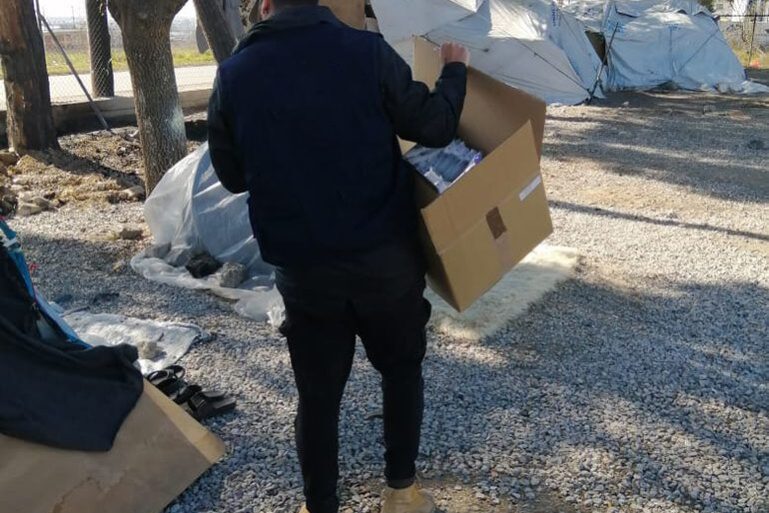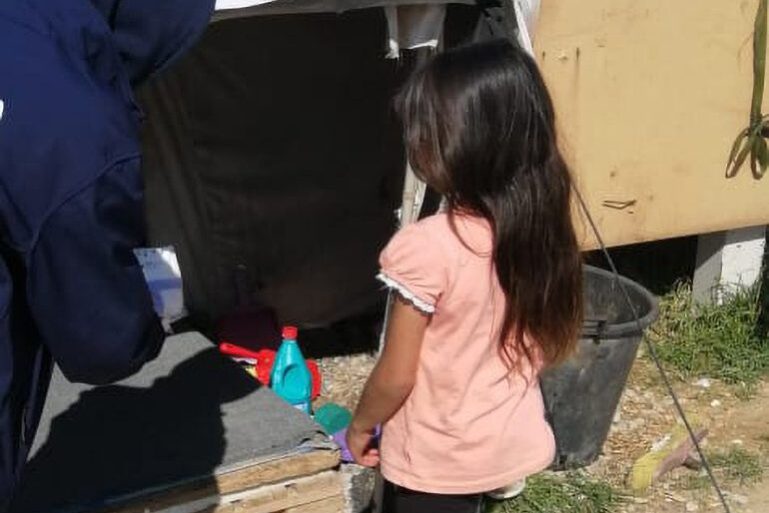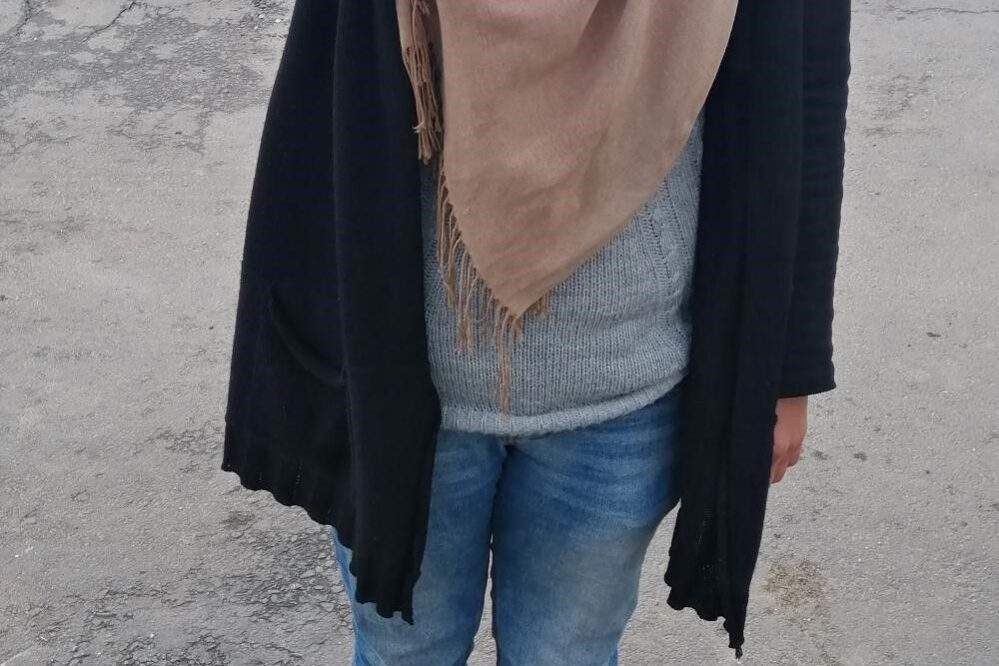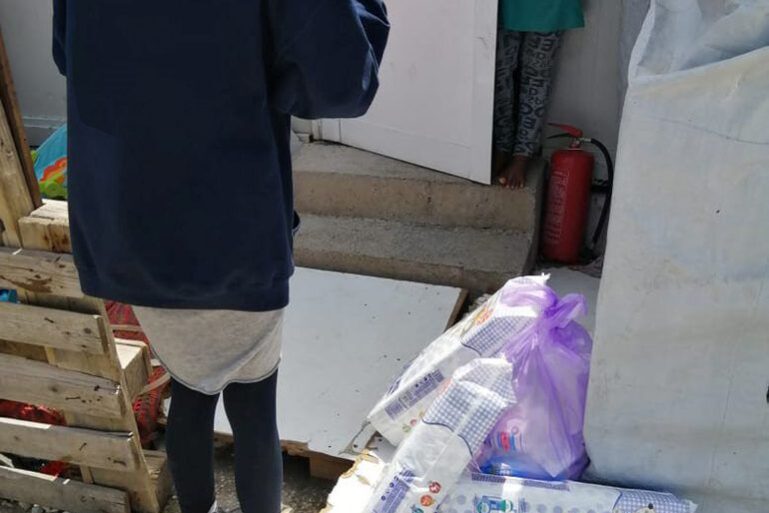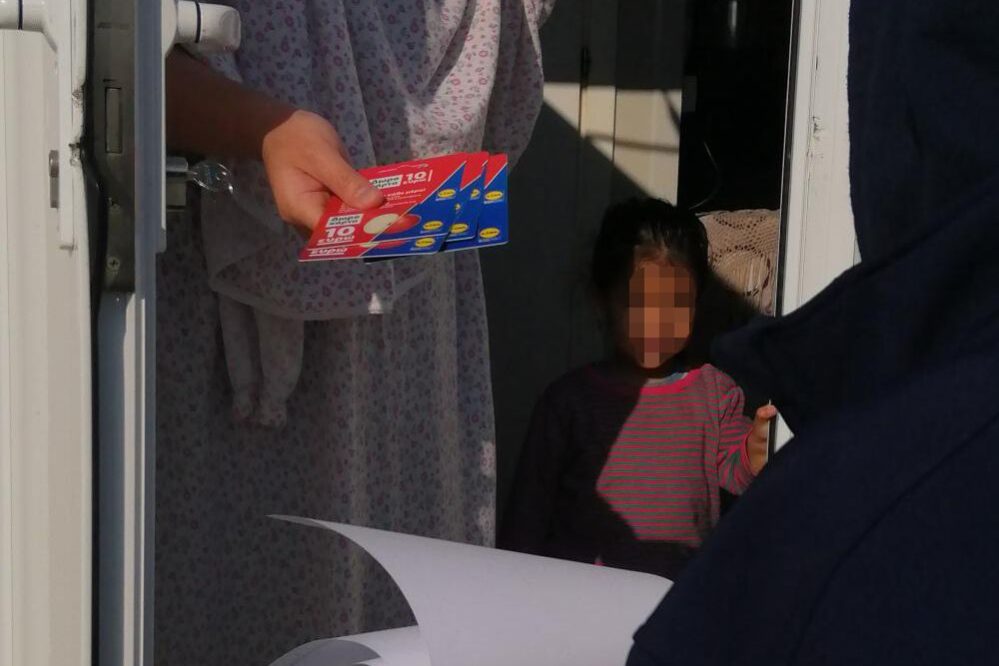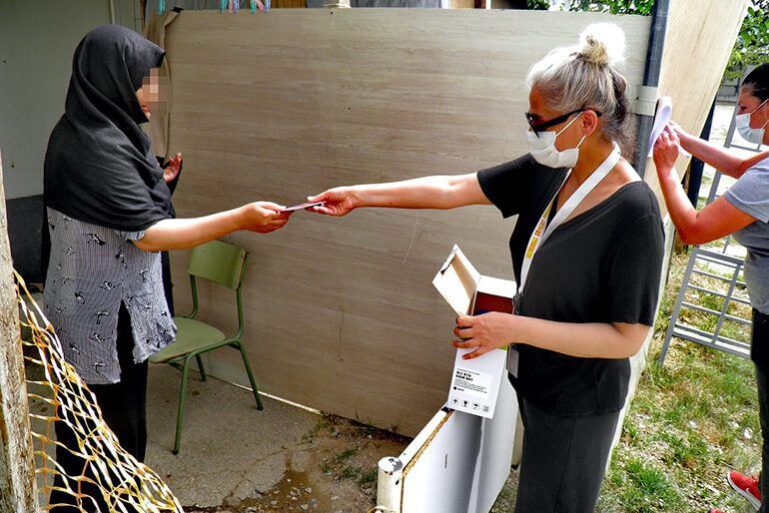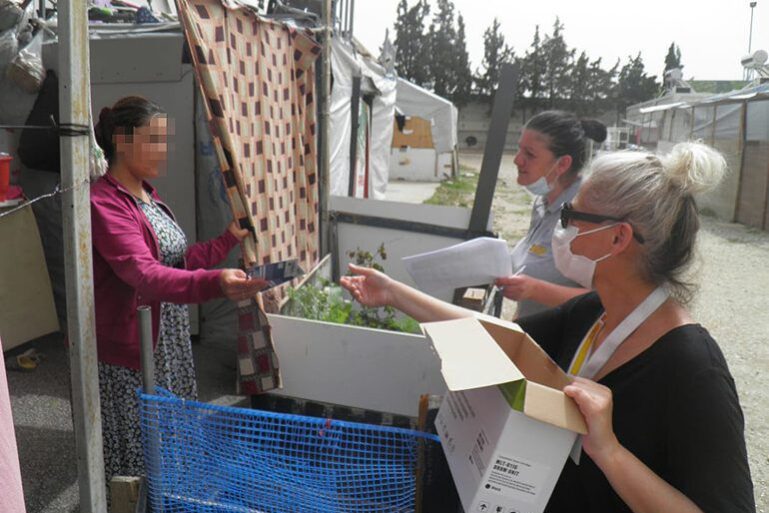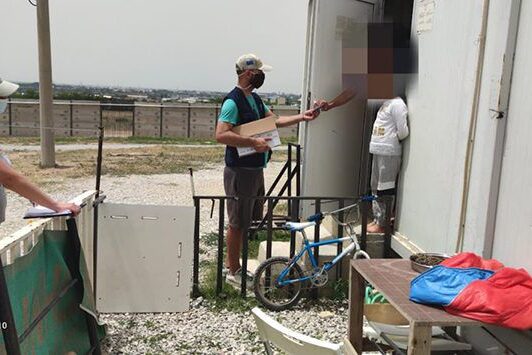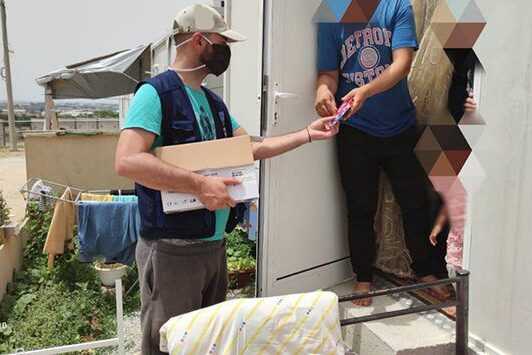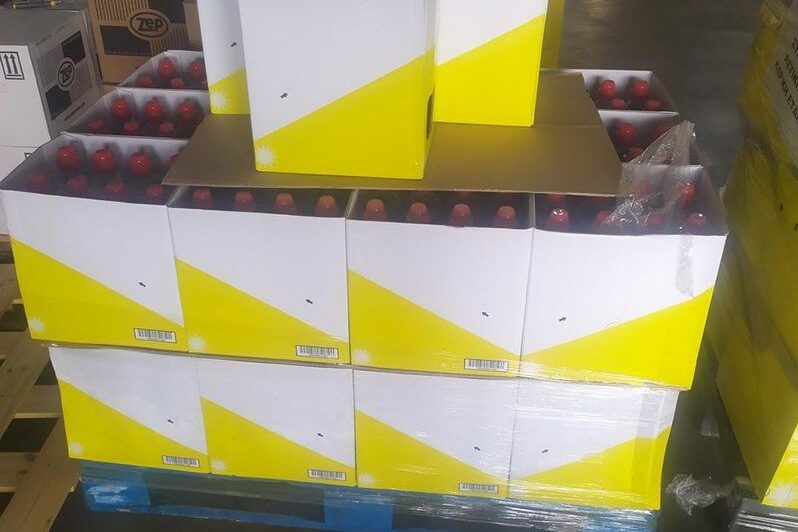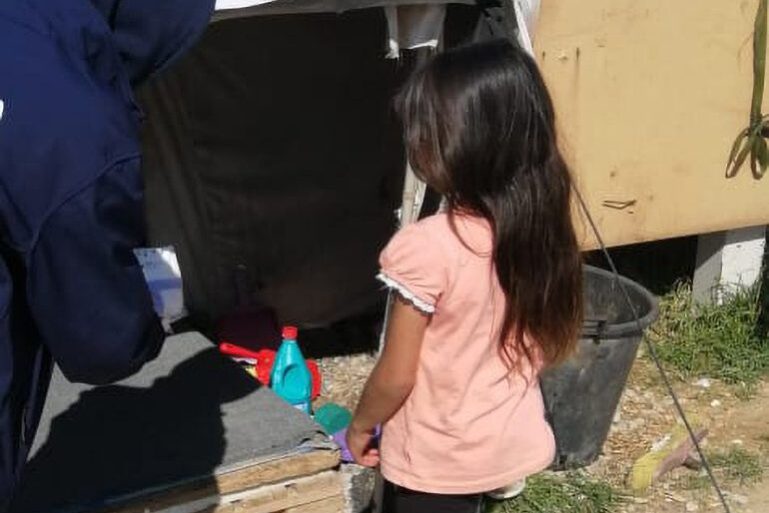During the year 2020, the livelihood situation of refugees and asylum seekers in Greece has steadily deteriorated and some of the people are living in inhumane conditions. This is particularly true on the islands, yet also on the Greek mainland the supply of the people living in camps is difficult. The winter months are always a particular challenge, but winter 2020/21 is likely to be one of the greatest challenges due to the ongoing pandemic, as the time required to support refugees has been greatly reduced and, above all, there is a lack of a comprehensive integration strategy by the authorities. Around 11,000 people who were granted asylum were informed in the context of the global pandemic that they had been resigned from apartments for vulnerable persons (ESTIA), hotel rooms under the Temporary Housing and Protection Program (FILOXENIA) and accommodation in camps on the islands and the Mainland would be evicted in the fall. These evictions followed a policy according to which refugees are forced to “stand on their own two feet and look after themselves” within one month of being granted protection status, which leads to the termination of access to accommodation, food and financial aid by the EU Commission.
The aim of the project Hygieia, which is funded by the City of Vienna, and implemented by the Samaritan Austria together with Symβiosis, is to make a contribution to improving the livelihood and health of refugees in the Thessaloniki region. In response to the tense humanitarian situation in the area of basic care, the project partners cover the basic needs of the people in camps by distributing food, hygiene items, cleaning materials and medical products, while conducting also relevant awareness raising, during 2021. The project was also supported by LIDL Hellas with donations of cleaning products.
Funded by

Implemented in collaboration with
